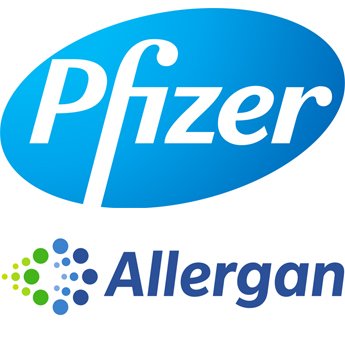Pfizer has sealed a deal to buy Botox-maker Allergan for $160 billion in what is the biggest pharmaceuticals deal in history.
The takeover could allow Pfizer to escape relatively high US corporate tax rates by moving its headquarters to Allergan’s Dublin base.
The merged company will be the world’s biggest drug maker by sales.
Allergan shareholders will receive 11.3 shares in the new company for each of their Allergan shares.
Pfizer shareholders will receive one share for each of their shares in that company.
Pfizer’s shares closed down 2.7% in New York at $31.32, while Allergan fell 3.4% to $301.70.
Hillary Clinton, the Democratic presidential hopeful, said inversion deals like Pfizer’s would “leave US taxpayers holding the bag” and called on Washington to ensure that the biggest companies “pay their fair share”.
Senator Bernie Sanders, another Democratic hopeful, said the deal would be a disaster for consumers and allow another major US company to hide its profits overseas.

Republican presidential candidate Donald Trump described Pfizer’s departure from the US as “disgusting”, adding: “Our politicians should be ashamed.”
The merged business will be called Pfizer Plc. The companies said they expected the deal to be completed in the second half of 2016, subject to regulatory approval in the US and Europe.
Pfizer said it expected the merger to result in savings of $2 billion in the first three years.
The company’s CEO Ian Read will be chief executive and chairman of the merged company, with Allergan boss Brent Saunders becoming president and chief operating officer.
“The proposed combination of Pfizer and Allergan will create a leading global pharmaceutical company with the strength to research, discover and deliver more medicines and more therapies to more people around the world,” said Ian Read.
Critically, the terms of the deal propose that the merged company will maintain Allergan’s Irish domicile. This means the profits of the new company would be subject to corporation tax of 12.5% – much lower than the 35% Pfizer pays in the US.
In 2014, Pfizer made an offer to buy AstraZeneca in a move that analysts said was designed to reduce Pfizer’s tax bill. The UK pharmaceutical giant rejected the bid, arguing it undervalued the company.
The deal is the latest in a series of mergers and acquisitions in the sector, as pharmaceuticals companies struggle to cope with patents on a number of major drugs expiring.
